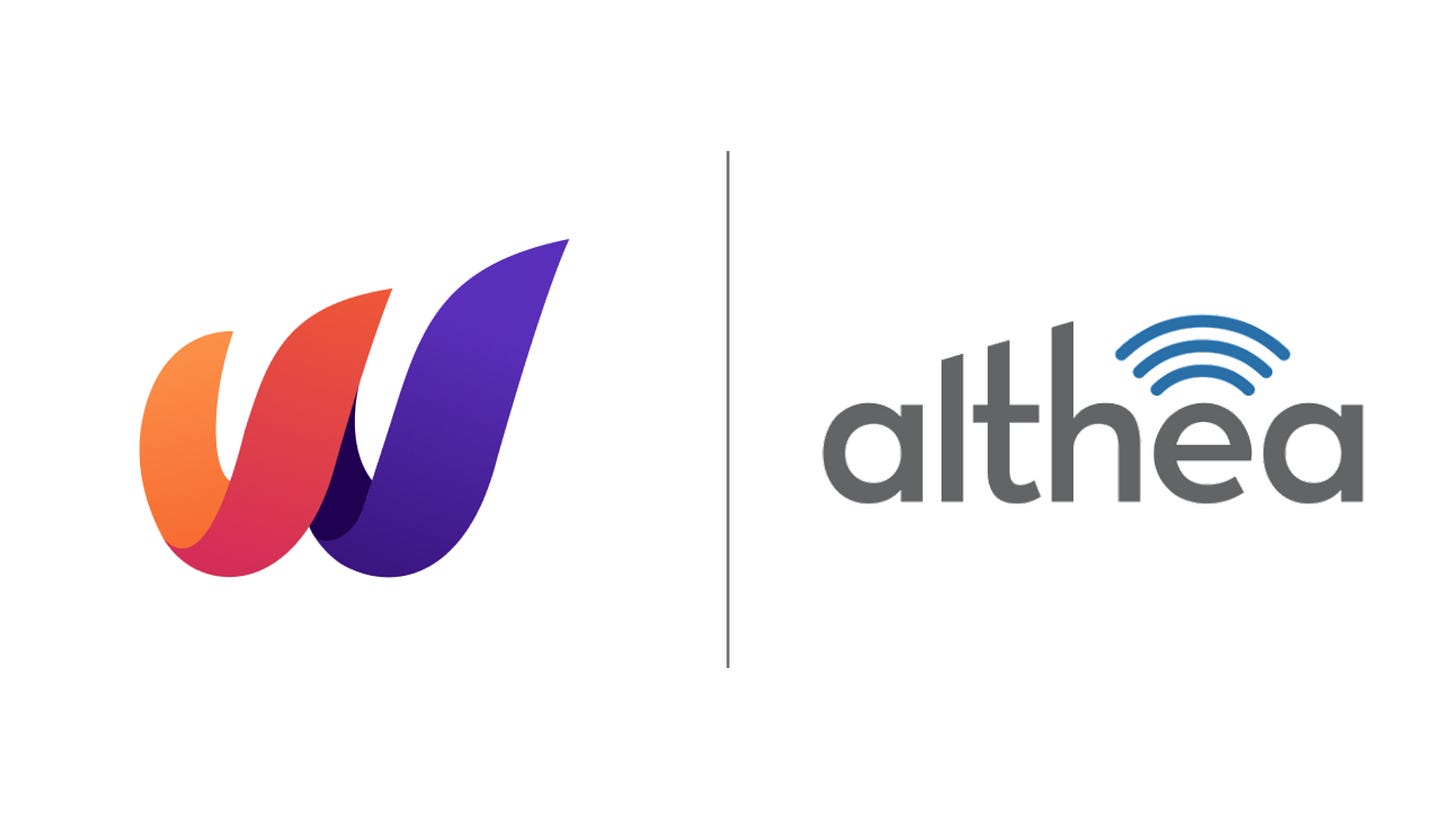Abhay’s Vision for a Connected World
The Power of Decentralization
In our recent panel, Abhay Kumar, CEO of Helium, shared insights that made me reflect deeply on the potential of blockchain to address societal challenges. His journey from building CashApp at Square to spearheading Helium's decentralized wireless network wasn't just another story of a tech founder; it was a testament to how decentralization can make a tangible difference in the world.
Empowering Underserved Communities
Abhay explained Helium’s mission of providing affordable, decentralized connectivity to underserved communities, reminding us of the fundamental principle of blockchain: empowerment.
“Even in the United States, there is a long tail of folks who still use things like payday loans to immediately have access to cash”
— Abhay Kumar, CEO, Helium
This was a stark reminder that financial inclusion is still a distant dream for many, even in advanced economies.
Helium’s approach is distinguished by its commitment to building solutions from the ground up, with a strong emphasis on community-driven efforts. Abhay highlighted an impactful example with the livestock tracking solution in Africa, where Helium's network is used to protect both endangered species and farmers’ livelihoods. This exemplifies how decentralized networks can create meaningful change in unexpected and diverse ways.
A Lesson for All
What truly resonated with me from Abhay’s discussion was his emphasis on focus and scalability. "Be a really good editor. Take all the things you're doing, and find the thing that you should be really, really spending your time on." In the noisy world of blockchain, this lesson is invaluable—reminding us to concentrate on what truly matters and to build with intention.
Decentralized Connectivity in Action
Helium’s dedication to decentralized solutions reminded me of other initiatives championing similar missions. Take World Mobile, for instance. They are building a decentralized mobile network in Africa to connect the unconnected. By empowering local communities to own and operate their networks, they provide affordable access to communication and the internet, especially where traditional telecoms have failed to reach.
Similarly, Althea Network enables communities to create and maintain their own internet service by leveraging blockchain technology to build decentralized ISPs (Internet Service Providers). Like Helium, they tap into the power of community ownership, ensuring connectivity isn’t just controlled by big players but is genuinely democratized.
These projects, including Helium, showcase a common truth: the power of blockchain lies not in the technology itself, but in the communities it builds and the problems it solves. If you're interested in hearing more about Abhay's insights and how Helium is pioneering this space, check out the full panel recording.
— FS





